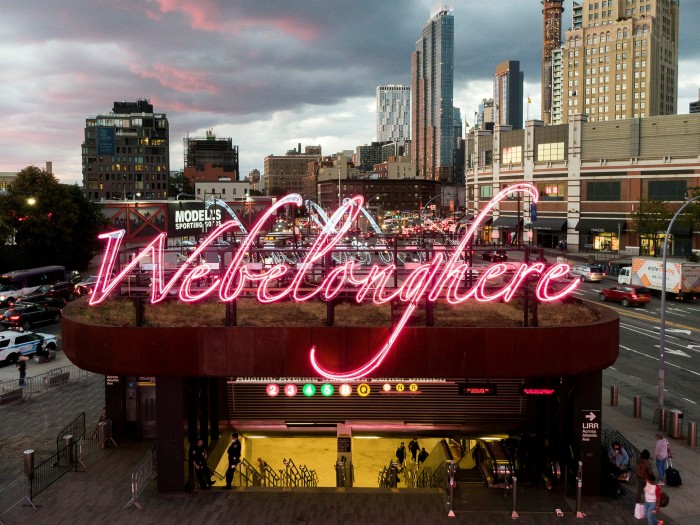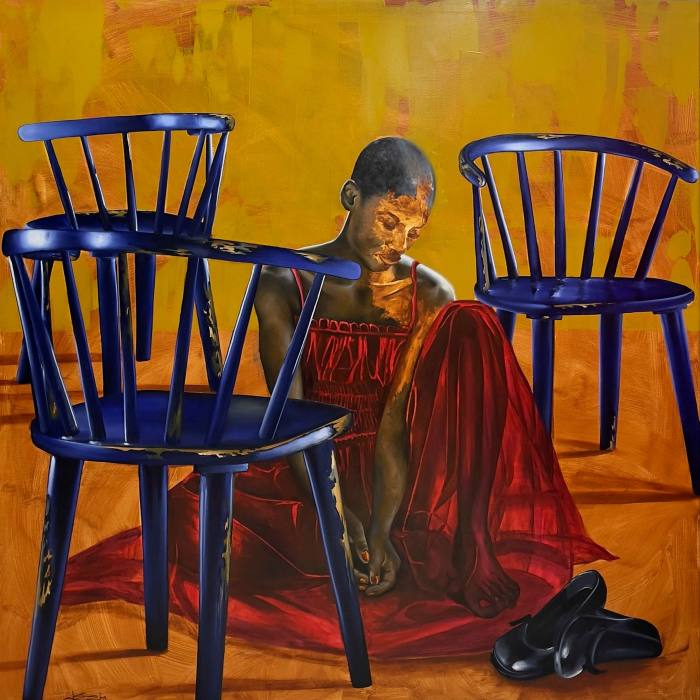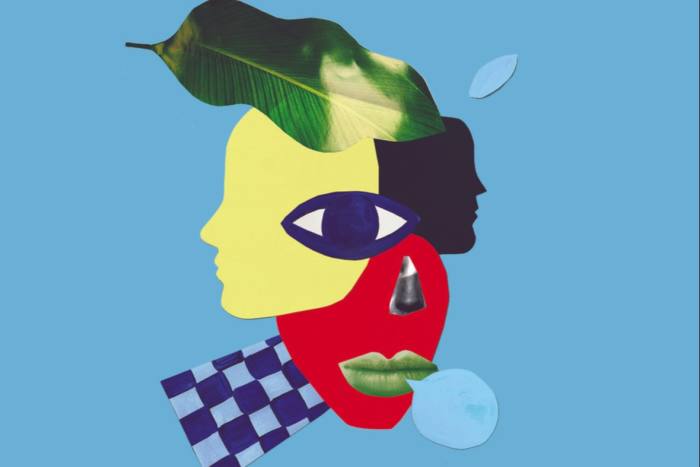The power of a good question

Aeons ago, when I was in college, I visited a friend’s home in Chicago for the weekend. I spent a lot of time chatting with her mother in their kitchen, and when it was time for us to go back to school, her mother slipped me an envelope, whispering something about it being meaningful to her.
I didn’t open it until I got back to the privacy of my dormitory. But when I did, I clearly recall being confused by its contents. It was a piece of paper with a quote from Rainer Maria Rilke’s “Letters to a Young Poet”: “Live the questions now. Perhaps then, someday far in the future, you will gradually, without even noticing it, live your way into the answer.”
At 20 years old, it didn’t make a lick of sense to me. I was at an age where I needed every inquiry that I had to be explainable. And yet, even as I was aware I couldn’t quite appreciate it, it still felt like that piece of paper had something of value on it.
I have thought about that quote off and on for most of my adult life but it has only been in the past few years that I have really come to recognise the power of certain types of question in and of themselves, even when we can’t readily find answers. We can learn much about ourselves, about one another and about how we inhabit the world by considering not only the types of questions we ask, and the questions we allow ourselves to be asked, but also the varied places from which our questions arise and to whom they are addressed.
The kind of questions we are encouraged or inspired to ask are affected by who or what we surround ourselves with, from books, movies and TV shows to the news sources we use, the organisations we belong to, the families in which we’re raised or the friends with whom we socialise. One of the many ways I appreciate the arts is as a source from which questions are generated. To sit quietly with a poem, to stand before an image or installation, to listen to a piece of music, is to open oneself up to both questioning the work and being questioned by it.
I love the text-based public art installation “We Belong Here”, by the Bahamian artist Tavares Strachan, whose rich artistic practice considers how art, culture, politics and science intersect. Deceptively simple, the three words of the piece’s title are written in large cursive letters, and lit up in neon pink. Completed in 2021 and commissioned by the Social Justice Fund, it is one of two pieces collectively called, “Belong / Brooklyn”. It sits high on top of the multi-line subway entrance that spills on to the plaza entrance of the Barclays Center in Brooklyn, New York.
The centre is positioned at the heart of a borough replete with complex issues around gentrification and the displacement of residents. The plaza itself has a history as a place for social justice protests and other public gatherings. In this location, thousands of people pass the installation on a daily basis.
I don’t live in Brooklyn, but when I saw this work there it made me think about the notion of belonging and “dis-belonging”. Who determines who gets to claim belonging, and how do politics, business and socio-economics intersect with local communal history? Strachan’s art is a reminder to me of the value and necessity of raising questions publicly, in a way that invites people to understand that we are each individually implicated in both the question and the answer.
“‘What Is Truth?’ Christ and Pilate”, an 1890 painting by Russian realist Nikolai Ge, is a powerful illustration of not only the types of questions we pose but also the way in which we ask them. In this haunting image, an unkempt-looking Christ figure stands almost passively in the shadows, against a wall. His hands are behind his back, presumably tied.

The scene depicts a moment during the arrest of Jesus, when he is questioned by the Roman governor, Pontius Pilate. Pilate stands in the foreground of the canvas, illuminated: he is the focus of the image, the one with the recognised power, and he has one hand stretched towards Christ, asking him to justify his claims. His stance is firm and direct, but it is not a posture that seems open to considering the validity of anything that might come out of Christ’s mouth. The question he poses, “What is Truth?”, is rhetorical, almost derisive. It suggests Pilate already has an acceptable framework for the question he puts forth. He is not really looking for any new answers.
Looking at this work, I can’t help thinking that it is often those with power who are afforded the right to ask certain questions. The place in which we stand socially, economically and politically can determine not only the questions we ask of one another but also how we ask them, and our receptivity to any kind of response.
It is fascinating to know that in the fuller exchange of this encounter between Pilate and Christ that is taken from the Gospel of John, all of Pilate’s questioning seems to serve the purpose of either asserting his own power or manoeuvring himself out of any personal responsibility for what will happen to Christ. And yet the way Pilate’s questions are answered still makes him uncomfortable. He washes his hands of what the people decide to do with Jesus, but is left troubled by the encounter. The questions that are most generative, whether we are asking them or answering them, are the ones that invite us to more deeply listen to and hear ourselves and each other.
In “Dreams Take Time”, a painting by the 25-year old Ghanaian artist Joshua Oheneba-Takyi, a young woman in a red dress sits between three empty chairs. She has settled into this small space, two chairs facing her, one turned away, and her discarded shoes rest along the rim of her dress. She looks pensive, almost discouraged.

The empty chairs surrounding this young woman made me think about the people or communities to whom we direct our questions. It is not always about seeking immediate answers. Sometimes it is as Rilke suggests, about learning to sit with the questions until we find our way forward. But I believe even that process can be deepened and made revelatory by those we invite to sit with us, who can interrogate our process with their own questions for us.
I have a particular friend whom I can envision in one of those seats. When I tell her my thoughts and feelings about a particular issue, she has an exceptional way of posing questions that cause me to consider it from angles I hadn’t thought of. She doesn’t give me answers but helps me find a way towards them. Good question-asking is an art form. But it is one we can all learn because it starts with deep listening and with not being afraid of not having answers for other people.
The chairs might also represent the questions that we struggle to acknowledge or to own. Questions such as: what in my life am I willing to fight for? Where do I need to show more courage, more love, more generosity? What do I feel compelled towards and what keeps me from acting on it? Questions that, in the way we attend to them, can have a profound impact on how we live our lives.
In the poem “Sometimes”, by the Anglo-Irish poet David Whyte, there are the lines that speak of “questions that can make or unmake a life, questions that have patiently waited for you, questions that have no right to go away”. Perhaps the most transformative questions are about truth-telling, and they begin with our telling the truth about ourselves to ourselves first.
FTWeekend Festival, London

Save the date for Saturday, September 3 to listen to more than 100 authors, scientists, politicians, chefs, artists and journalists at Kenwood House Gardens, London. Choose from 10 tents packed with ideas and inspiration and an array of perspectives, featuring everything from debates to tastings, performances and more. Book your pass at ft.com/ftwf
Follow @ftweekend on Twitter to find out about our latest stories first
For all the latest Business News Click Here
For the latest news and updates, follow us on Google News.
